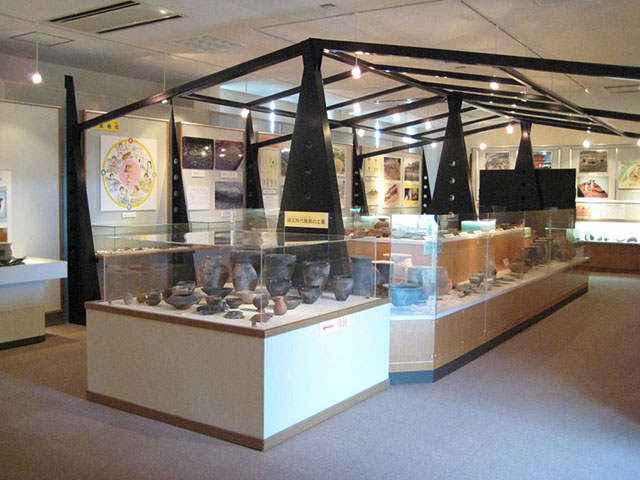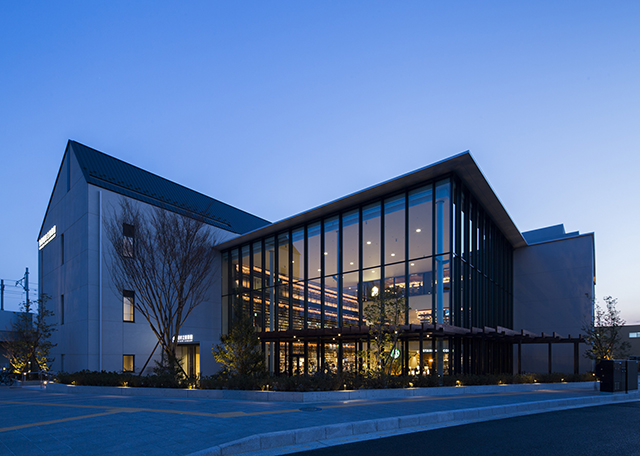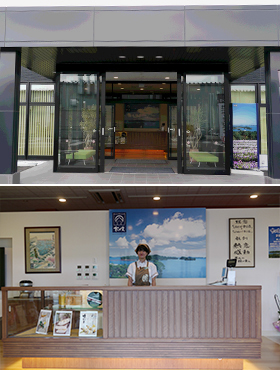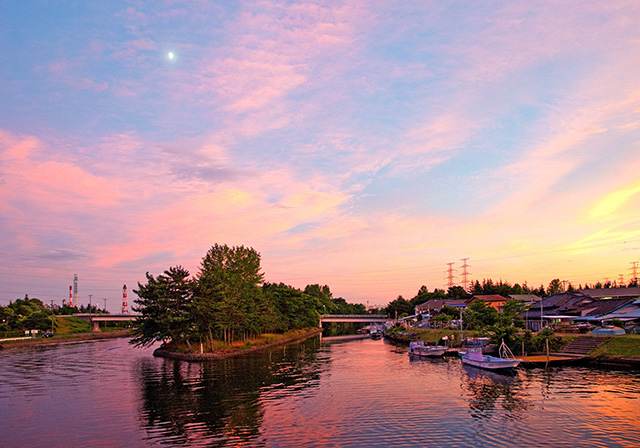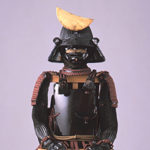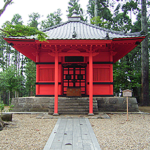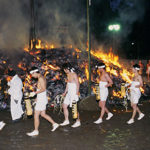The “DATE Culture” Fostered by Masamune
30 Suenomatsuyama hill

This hill has been regarded as the symbol of romance in poetry. Many literatures and paintings in the Edo period chose this place as their subject matter, depicting pine trees on top of a hill, with tombstones standing in rows at their feet. In his famous work titled “Oku no Hosomichi”, MATSUO Basho described his sad sentiment provoked by the contrast between romance and its impermanence respectively symbolized by the entwined branches of pine trees and by the tombstones.
- Tags
-
Stories : 3 Spreading of Culture After Masamune Designated : 9 National Place of Scenic Beauty Categories : 5 Landscape of "Oku no Hosomichi" Regions : 2 Tagajo City - DATA
-
Name : 30 Suenomatsuyama hill Location : 2-294 Yawata, Tagajo City - Location/Ownership/Traditional place
- Tagajo City

